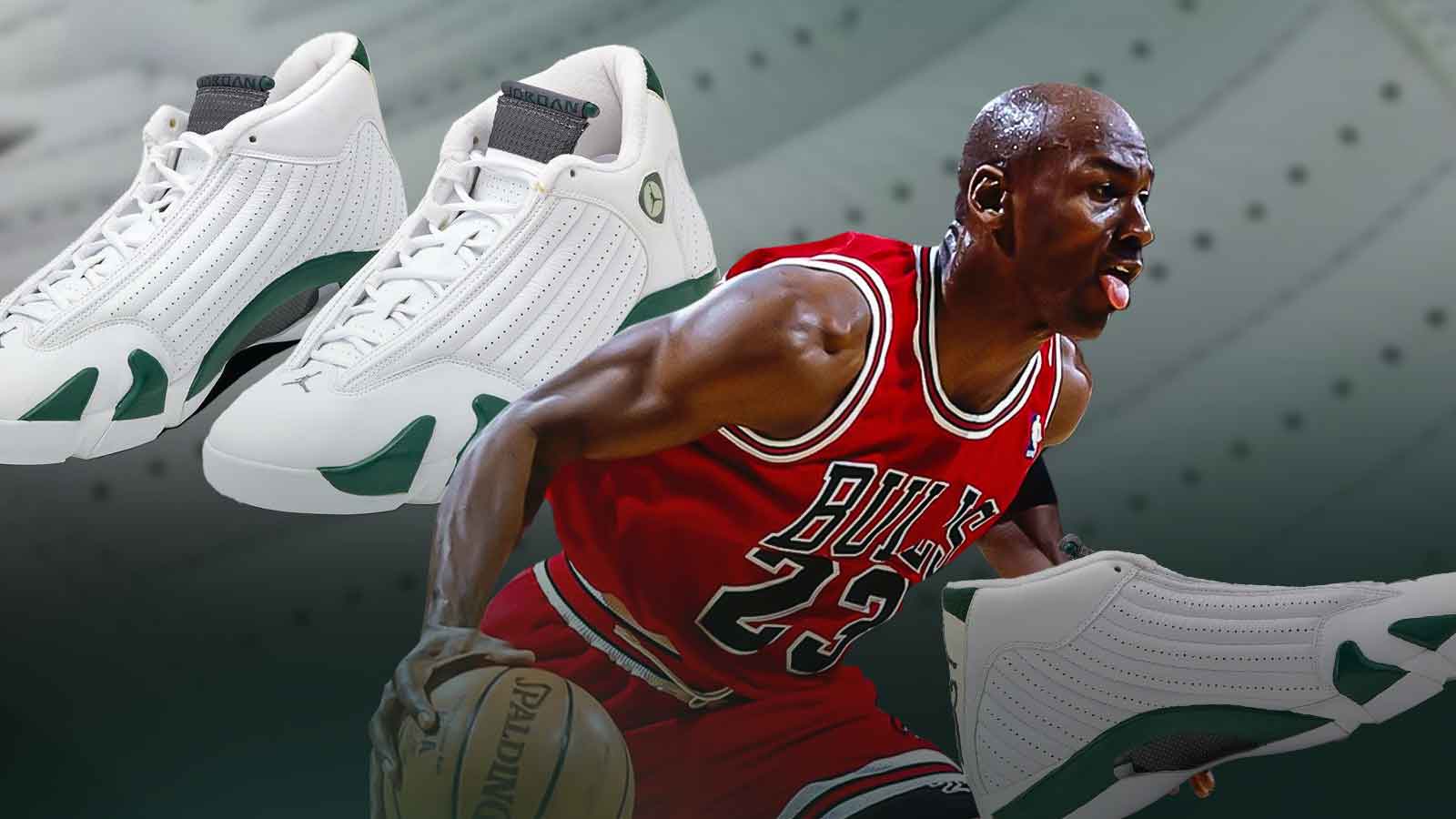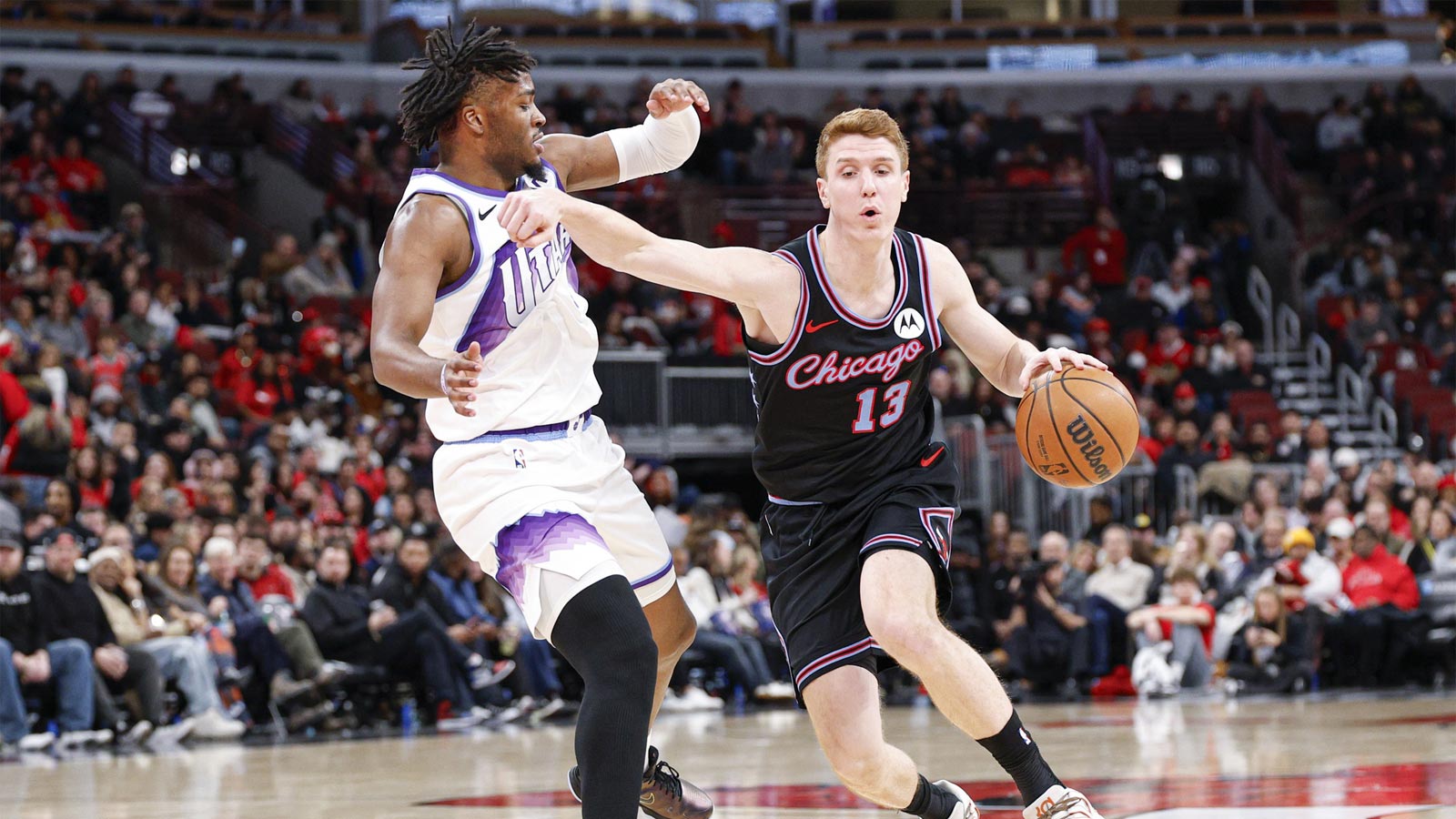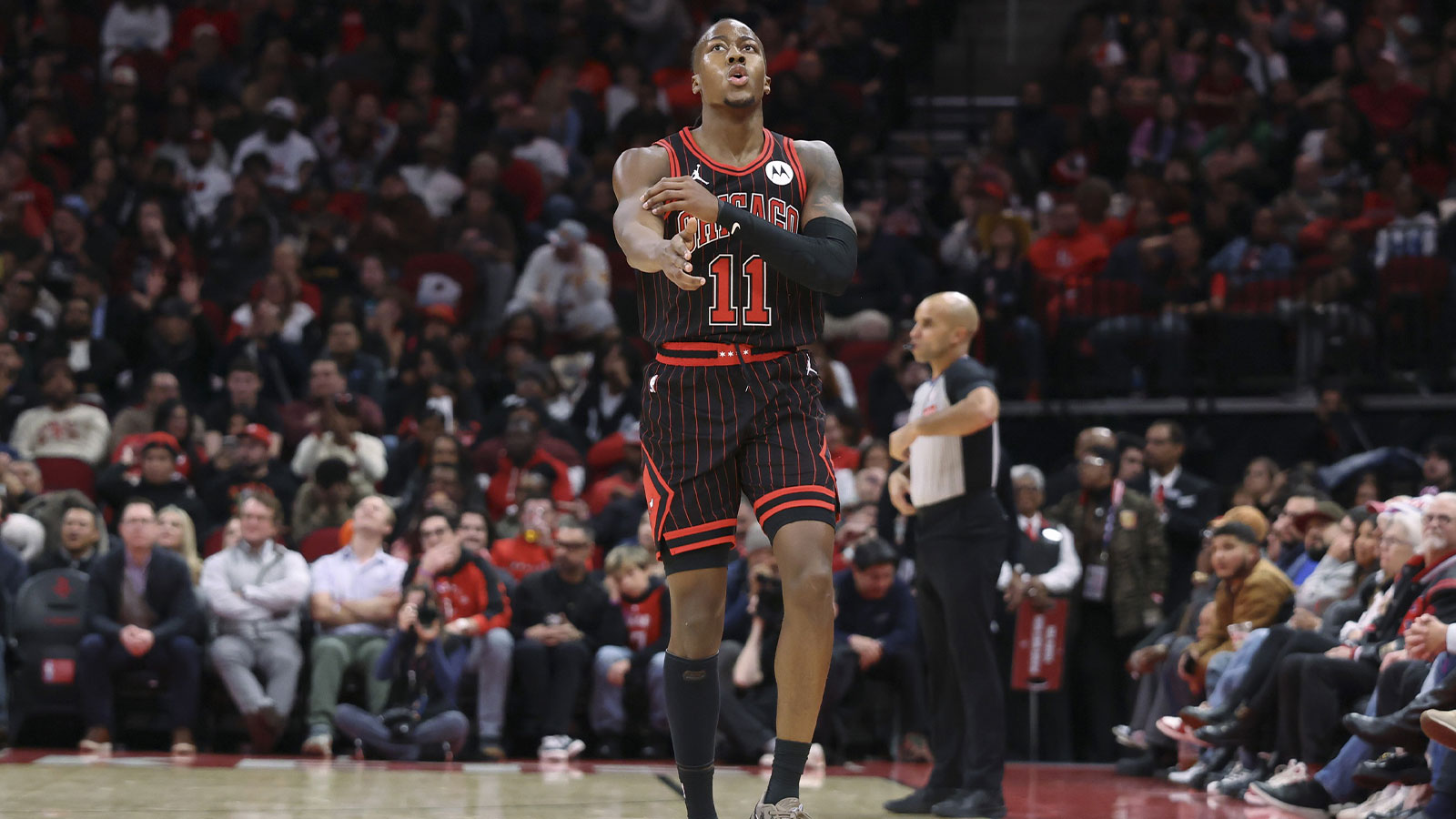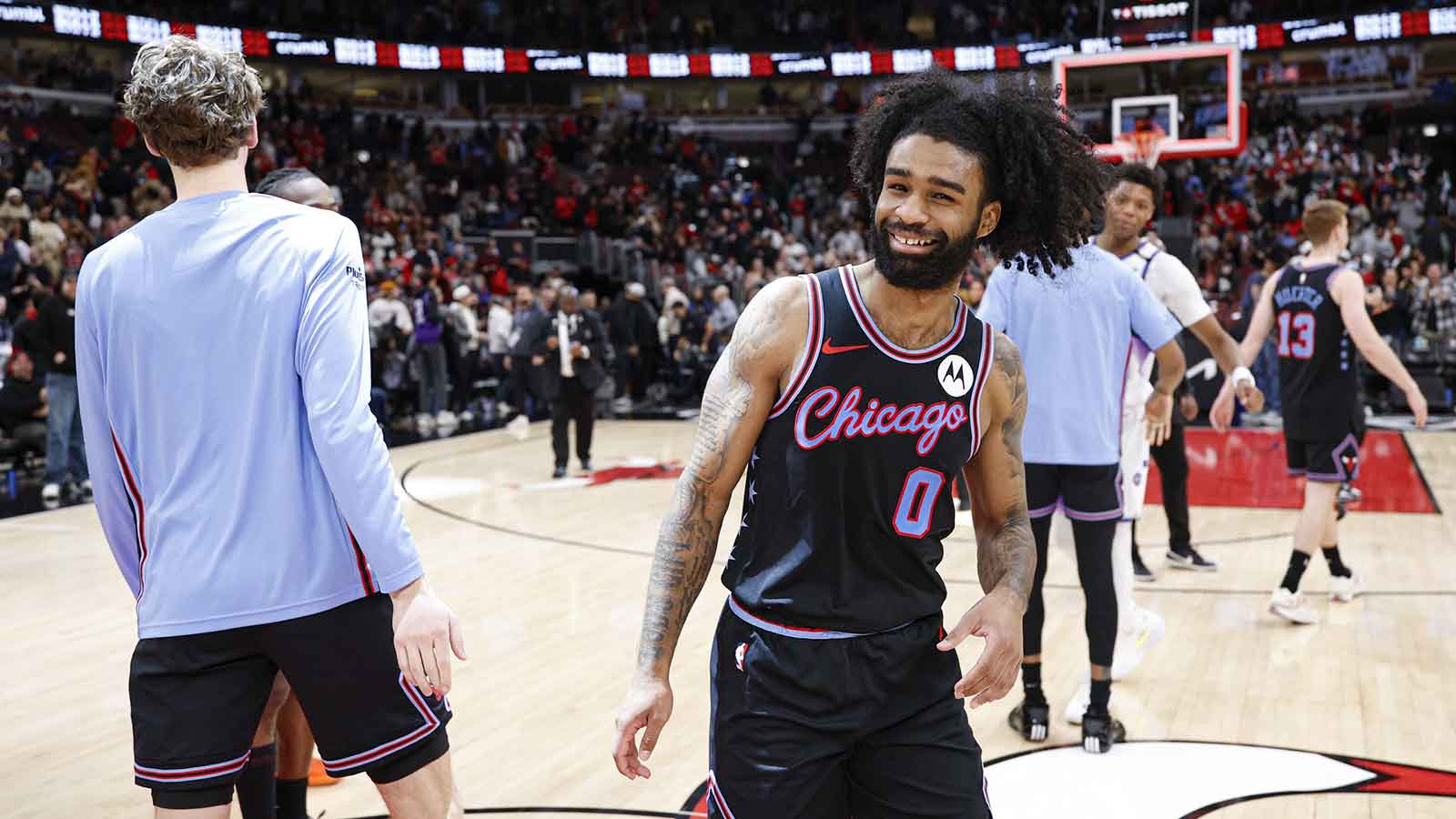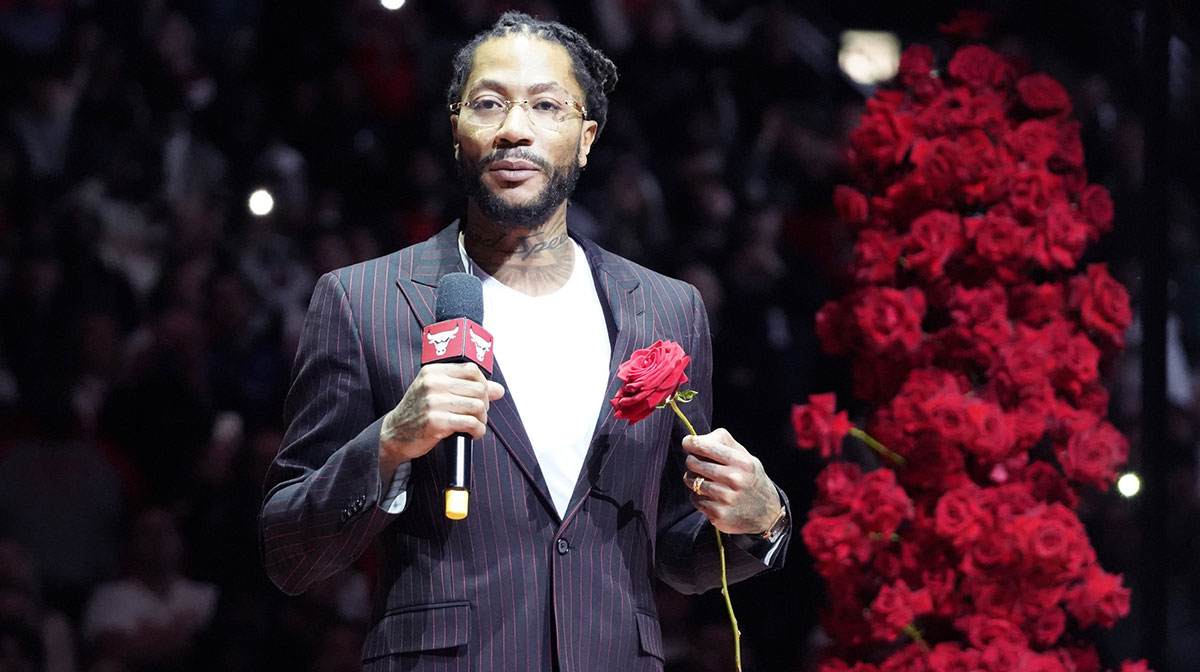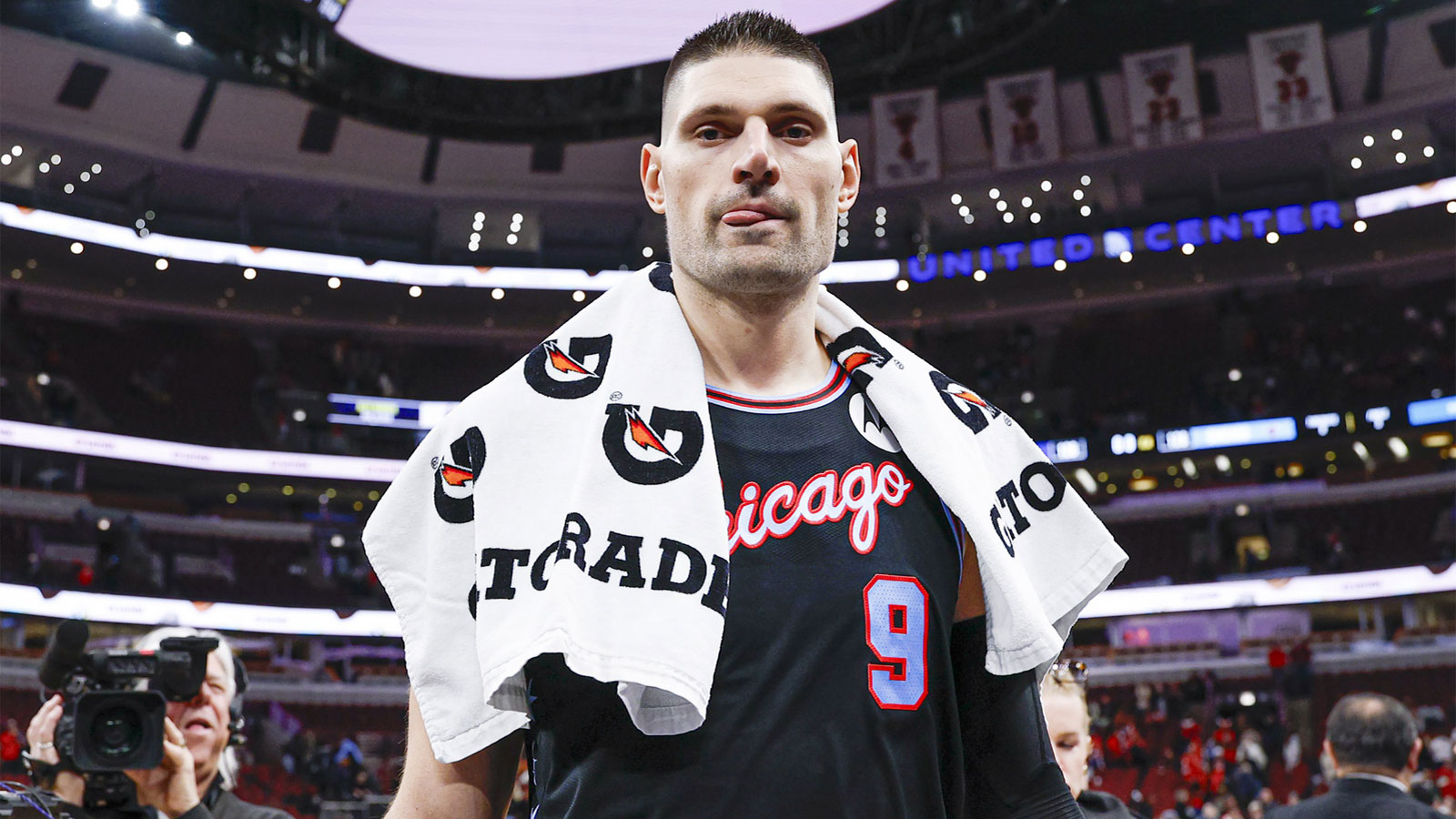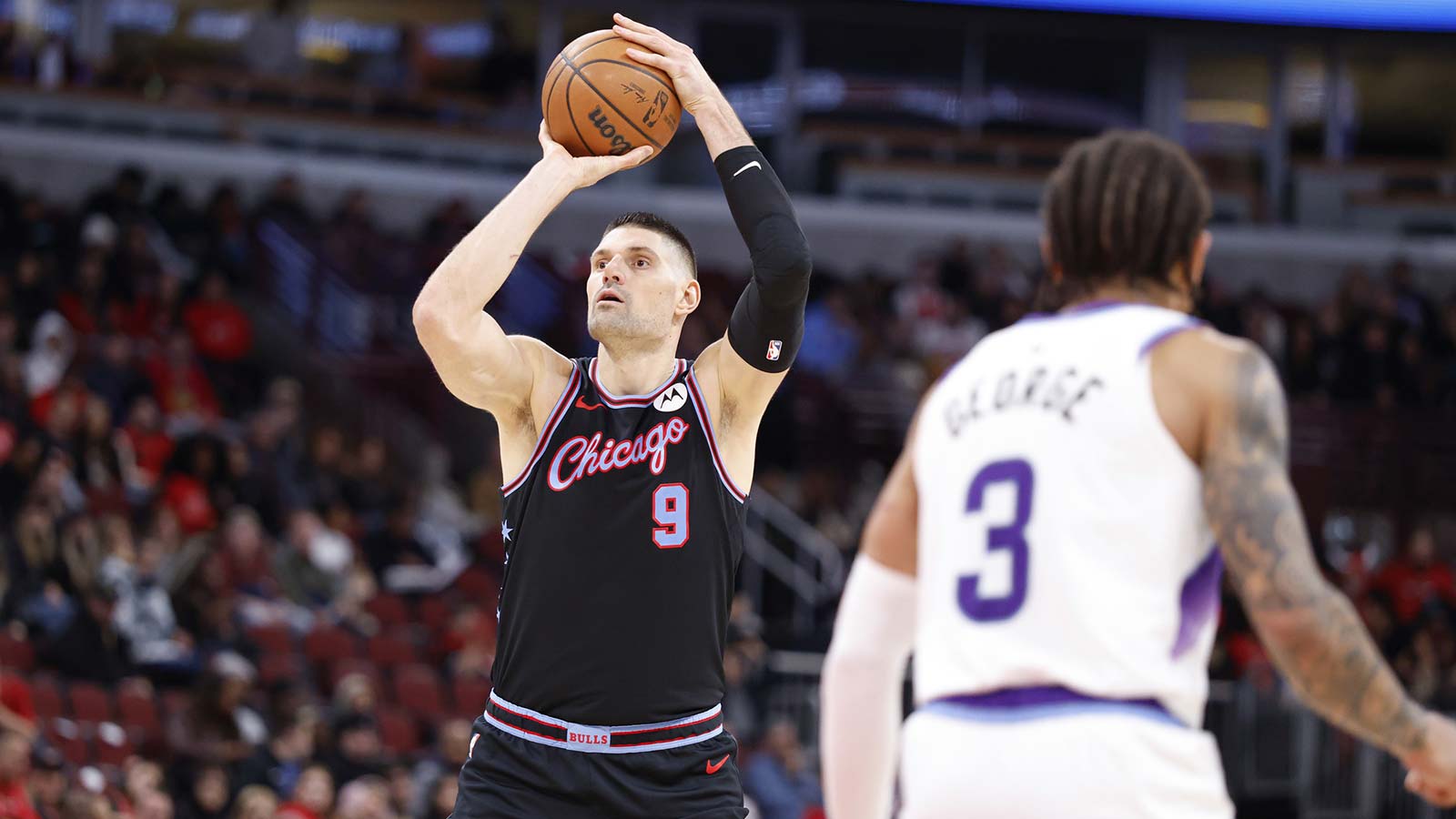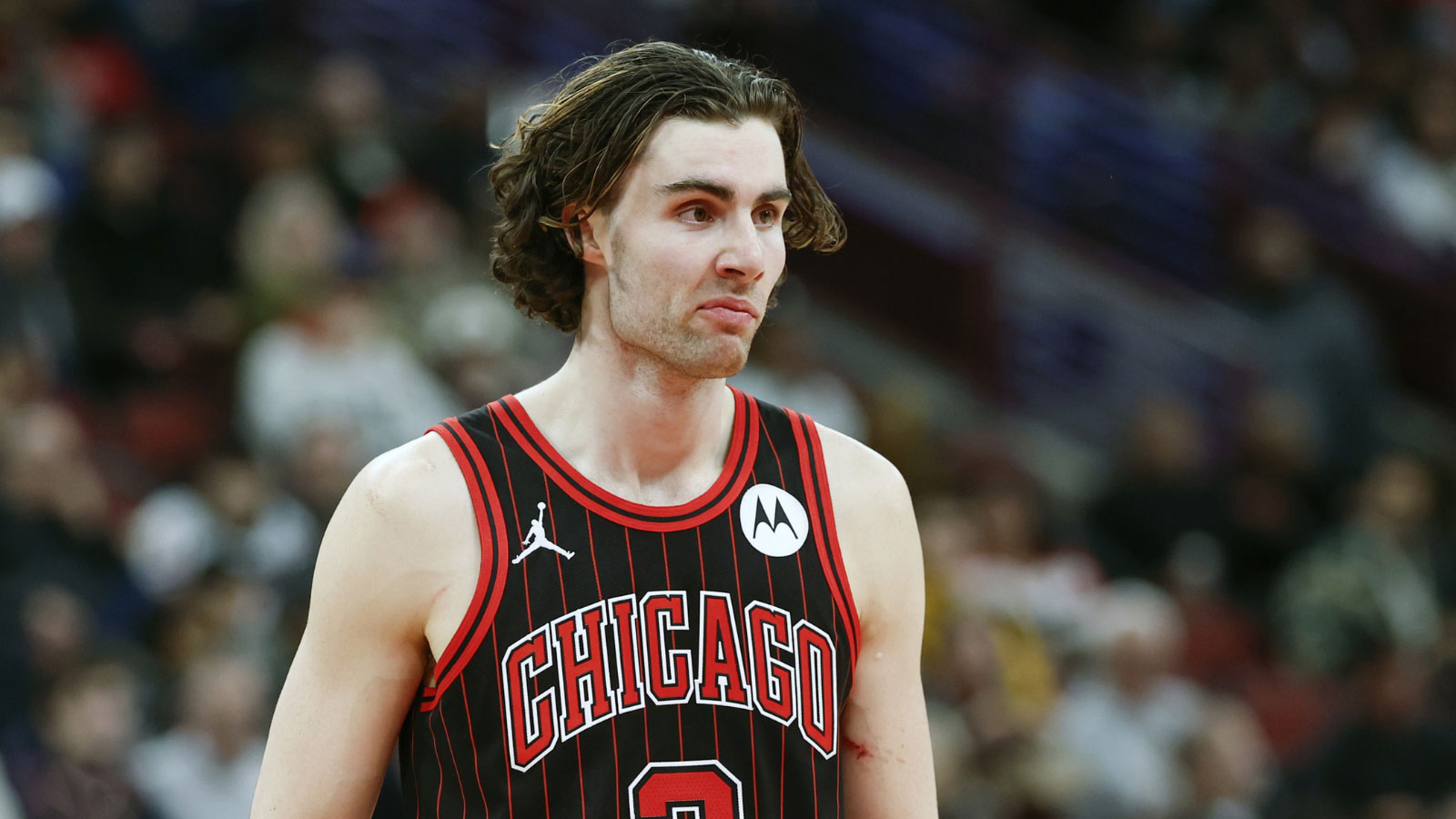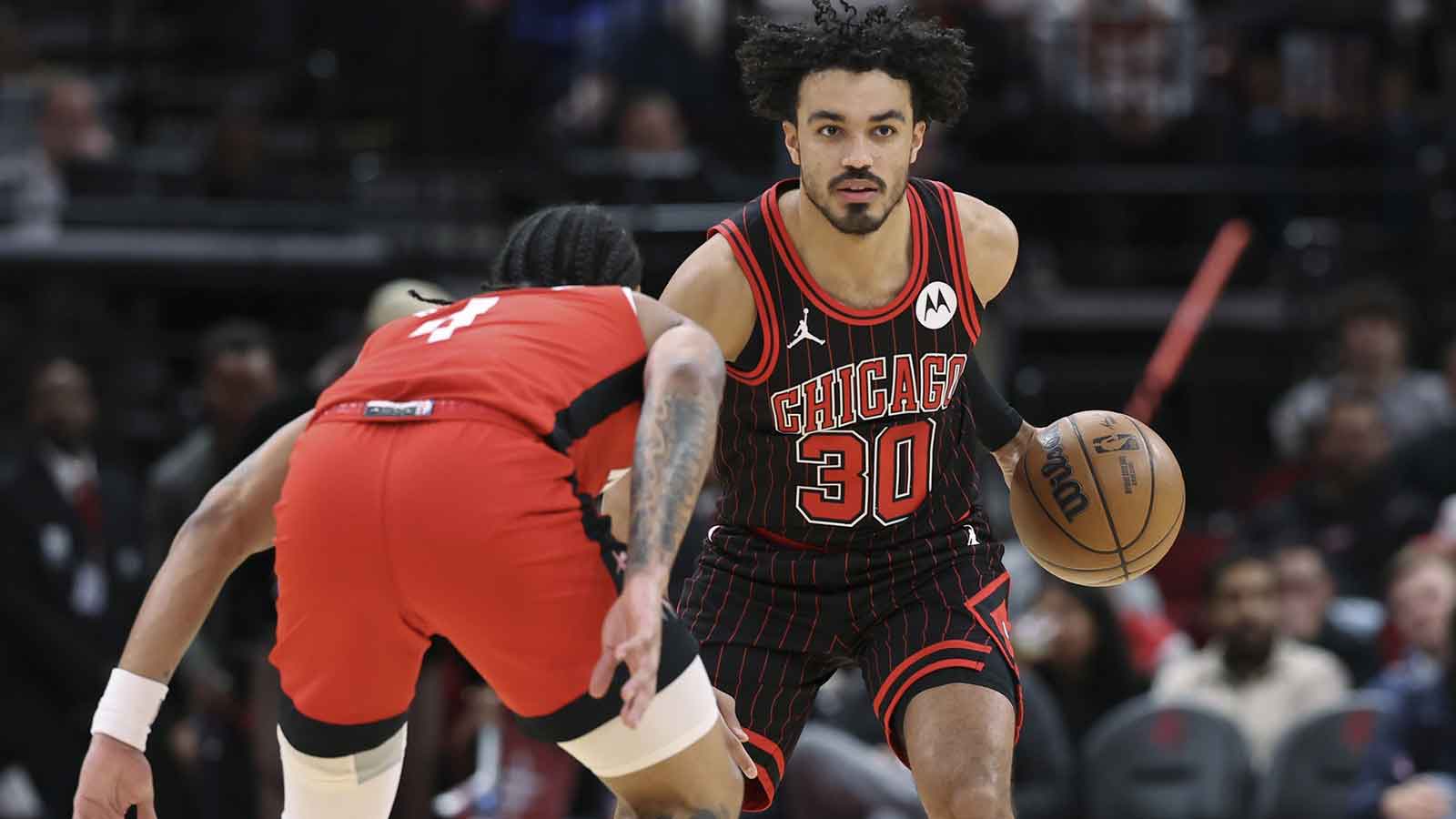Former United States President Barack Obama was among the supporting voices to lend perspective to “The Last Dance,” speaking about Michael Jordan and the Chicago Bulls in the lens of a politician on the rise.
Obama, who grew up in Chicago during the Bulls' rise to superstardom, recognized how Jordan “changed the culture” for athletes.
“Michael Jordan helped create a different way people thought about the African American athlete, a different way people saw athletics as part of the entertainment business… Michael Jordan and the Bulls changed the culture.”
Obama noted in “The Last Dance” how Jordan reshaped what it was like to be a superstar athlete, taking his charisma and talent and turning it into a multi-billion-dollar brand that spanned from Nike to Gatorade and other endeavors.
Via Mark Medina of USA TODAY Sports:
“Michael Jordan helped create a different way in what people thought about the African American athlete and people saw athletics as part of the entertainment business,” said Obama. “He became an extraordinary ambassador, not just for basketball, but for the United States overseas”
Jordan's huge worldwide popularity became evident when The Dream Team traveled to Barcelona for the 1992 Olympics, only to see the acclaim for the transcendent Bulls superstar.
Obama, however, criticized Jordan when he had to do it. In Episode 5 of “The Last Dance,” he spoke his honest thoughts about MJ's unwillingness to back Democratic candidate Harvey Gantt, instead taking a neutral position with the infamous: “Republicans buy sneakers too.”
Via Neil Thanedar:
“Many times America is quick to embrace a Michael Jordan, or an Oprah Winfrey, or a Barack Obama so long as it’s understood that you don’t get too controversial around broader issues of social justice,” said Obama.
Jordan had his flaws — it's what makes him human, despite portraying a godlike persona for many of his fans. Obama was complimentary of Jordan and critical when he had to be, nevertheless accepting that Jordan's larger-than-life appeal helped change the culture of American sports.










